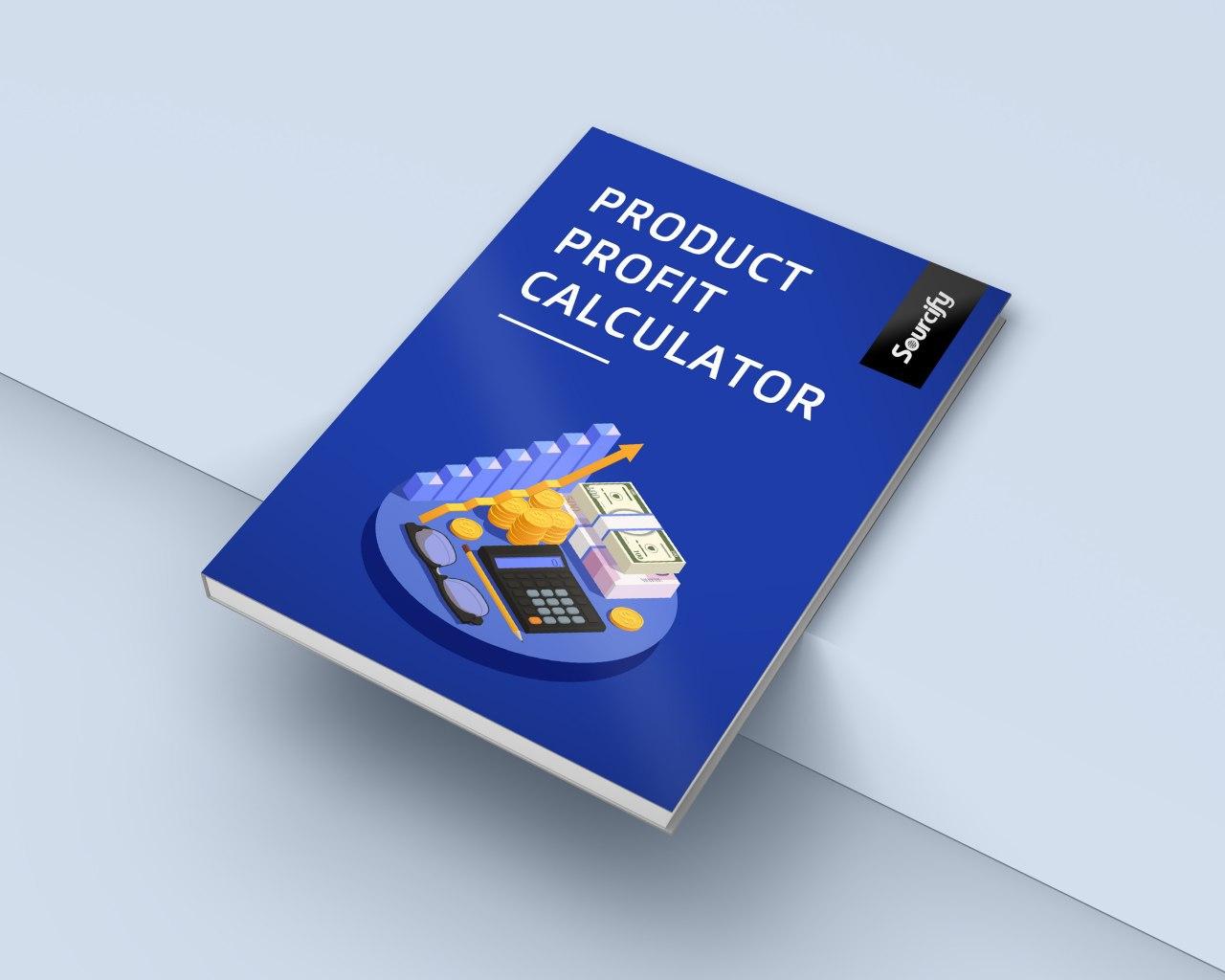It’s crazy to think that one of the sourcing sites people use most is full of scams. When you think of finding a manufacturer, many people start with Alibaba. Unfortunately, they often end with nothing, as they will have fallen victim to one of the thousands of scams present on Alibaba. With that said, there are legit ways to use this site to find a manufacturer, but you’d think they would make it easier for users right? In this article we’re going to focus on all the scams we know, so you can recognize them AND avoid them!
Scam #1: Unverified Alibaba profile for a company! It is extremely easy for anyone to open a Alibaba account and claim to be a manufacturer. We have done it as a test in five minutes. It’s crazy how simple the process is. Scammers who do this will open a new profile and pretend to be a legitimate company. They will use real details of a legitimate company and may pretend to sell their products, but at the end of the day they are a fraud. They will basically just take your money and not send you anything. Sounds great right!
“It is extremely easy for anyone to open a Alibaba account and claim to be a manufacturer. We have done it as a test in five minutes. It’s crazy how simple the process is.”
Scam #2: Sending Money To The Boss’s Back Account. When you’re ready to pay for your order, your supplier says that there is a problem with their bank account. They then ask you to send money to the the boss’ account, which is of course their personal account. It is possible to get lucky and receive your order but in most cases they will simply scam you and send nothing. To avoid this scam simply never send money to a personal account. This scam can even happen with legit manufacturers so if they request payment to a personal account, I’d stop communicating with them as the chances of getting scammed are just too high.
Scam #3: Asking For Additional Payment For Customs Clearance. Once you’ve paid for your order, your manufacturer will ask you for additional payment to cover customs fees. If you don’t agree to pay, they come up with some bs about how they won’t be able to get your products out of China. They may also provide you with fake courier tracking numbers that have fake information about your goods being held in customs.. If you receive a message like the above, you need to face it, you’ve been scammed. China has no such custom fees to pay when exporting goods. You have already been scammed and paying this additional “fee” won’t make your products magically appear. Do not pay anything as it won’t make a difference, you have unfortunately already been scammed.
“You have already been scammed and paying this additional “fee” won’t make your products magically appear. Do not pay anything as it won’t make a difference, you have unfortunately already been scammed.”
Scam #4: Only accepting Payment Through Western Union. If you receive a Proforma Invoice and it says Western Union under payment terms, you know something dodgy is going on. To avoid this scam, never send money via Western Union. Period. When you use Western Union to pay for something, you are sending money to a individual, not company. It could even be a salesperson in a legit company scamming you.
Scam #5: Proxy Company in Hong Kong. A proxy company is pretty much a piece of paper. To set one up all you need to do is register a business, which in Hong Kong can be done fast, and use that “business” to set up a bank account. There is no office, no representative, and the money in the proxy company account can easily be transferred elsewhere. Many companies in southern China use offshore companies in Hong Kong because they can hide taxable income from mainland China. It also makes it easy for the Chinese company to avoid dispute with a foreign customer. Generally speaking, stay away from proxy companies but some legit manufacturers do use them. Manage your risk and see if there are other options in this case. There are thousands of scammers on Alibaba and we can’t cover every scenario in this article. The key to not getting scammed is communication, due diligence, and formalization.




